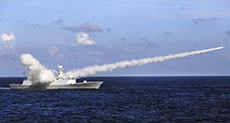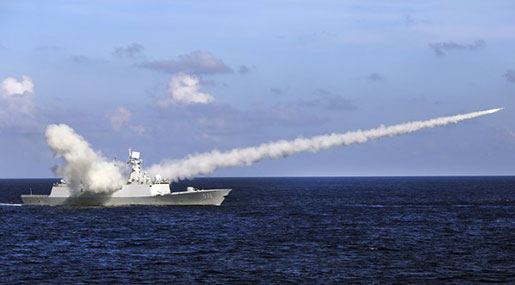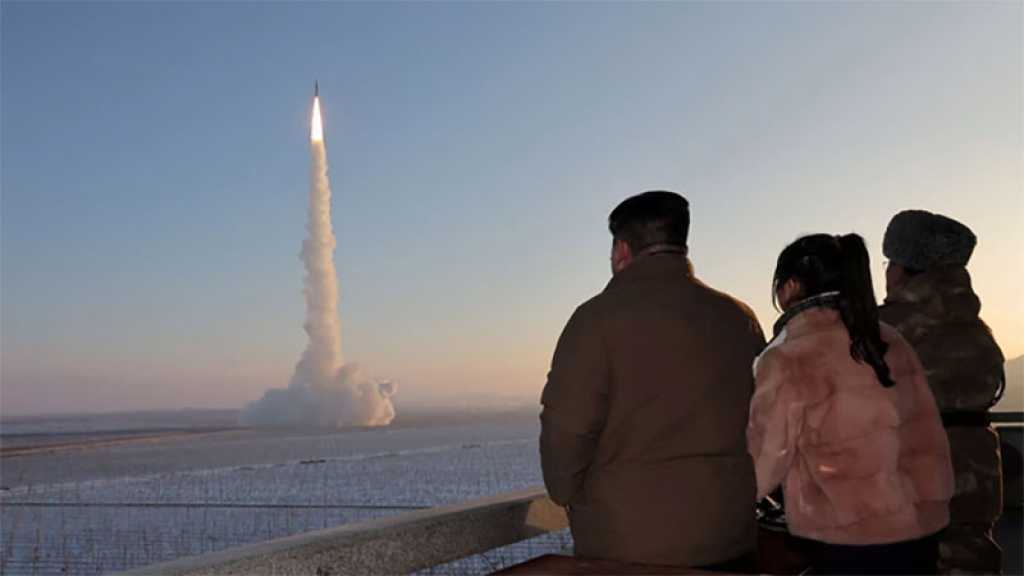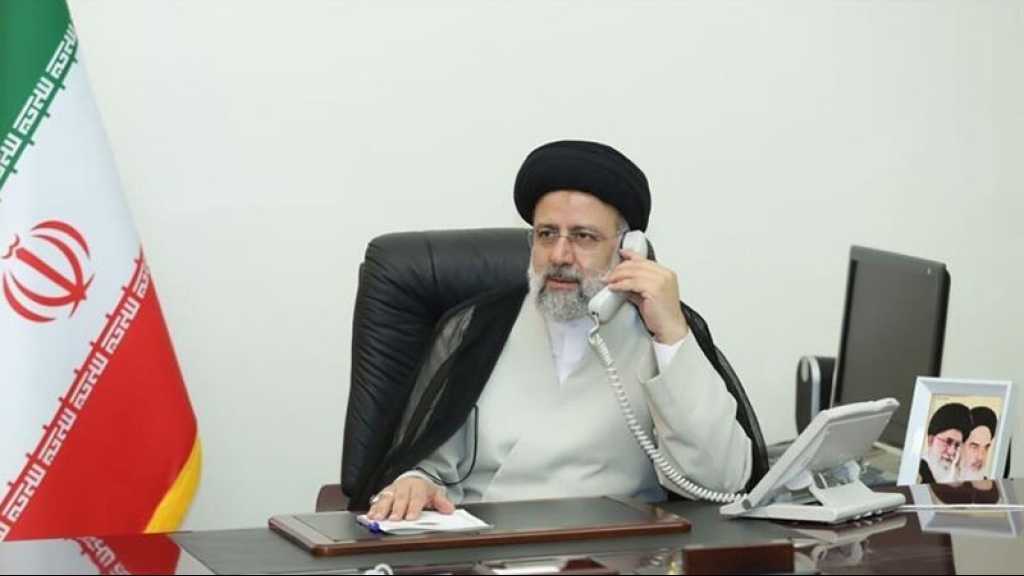
China, Russia Launch South China Largest Naval Drills

Local Editor
China and Russia launched eight-day joint naval war-games in the disputed South China Sea amid tensions with the US which is expanding its military presence in the region.

The "Joint Sea-2016" maneuvers kicked off on Monday with the participation of 21 aircraft and 18 ships from both sides including destroyers, cruisers, amphibious warfare ships and supply vessels.
In a statement, the Chinese navy said the exercises will be conducted in an area off China's southeastern province of Guangdong.
Participating units will be carrying out defense, rescue, and anti-submarine operations, as well as "island seizing" and other activities, it said.
The maneuvers have been described as "the largest operation ever" conducted jointly by the two countries.
Joint Chinese-Russian drills have grown increasingly common in recent years and this week's exercises are the fifth between the two navies since 2012.
The South China Sea is the subject of a territorial dispute between China and its regional neighbors including Taiwan, Brunei, Vietnam, Malaysia and the Philippines, with the US having waded into the row against Beijing.
The oil and gas rich South China Sea is an important international waterway, where China has been expanding its presence.
In July, a Hague-based court of arbitration ruled that China's claim of sovereignty over disputed areas in the sea or its resources had no legal basis.
China dismissed the ruling, saying it did not recognize the tribunal's authority to resolve the dispute.
The presence of the US in the region has upset regional powers, which say such extra-regional presence causes tensions. Also, US plans to deploy the so-called Terminal High Altitude Area Defense [THAAD] system in South Korea have raised alarms.
China and Russia say the system would threaten security, stability, and peace on the Korean Peninsula and do nothing to help denuclearize the volatile region.
Moscow and Beijing view the planned move as an attempt to put their military facilities within the range of US radars.
Source: News Agencies, Edited by website team



